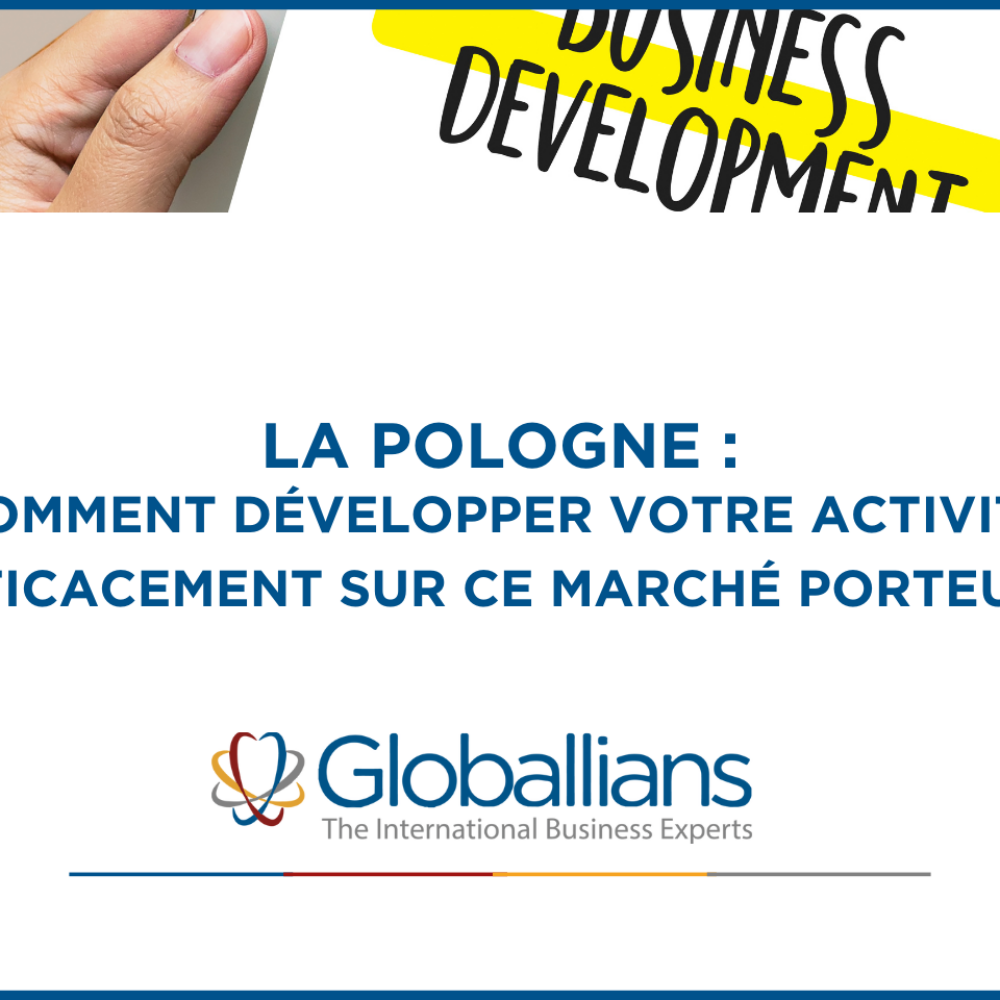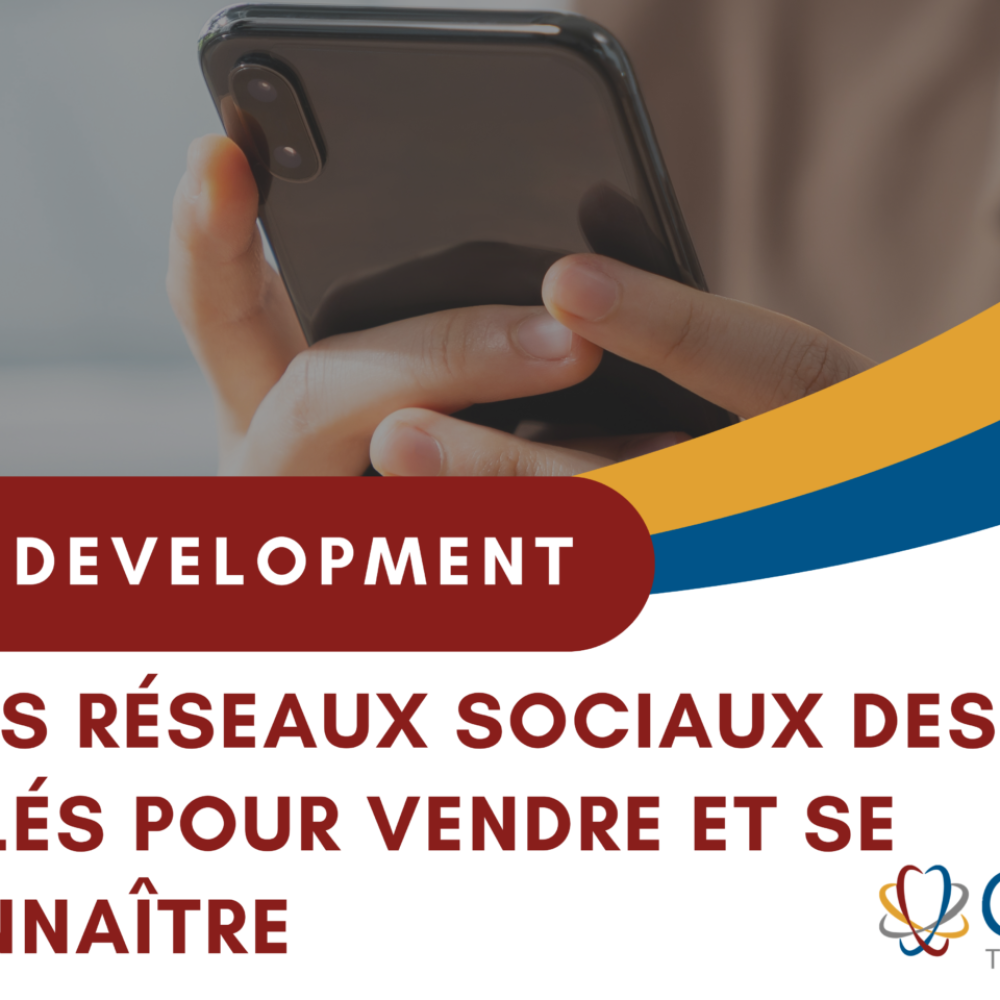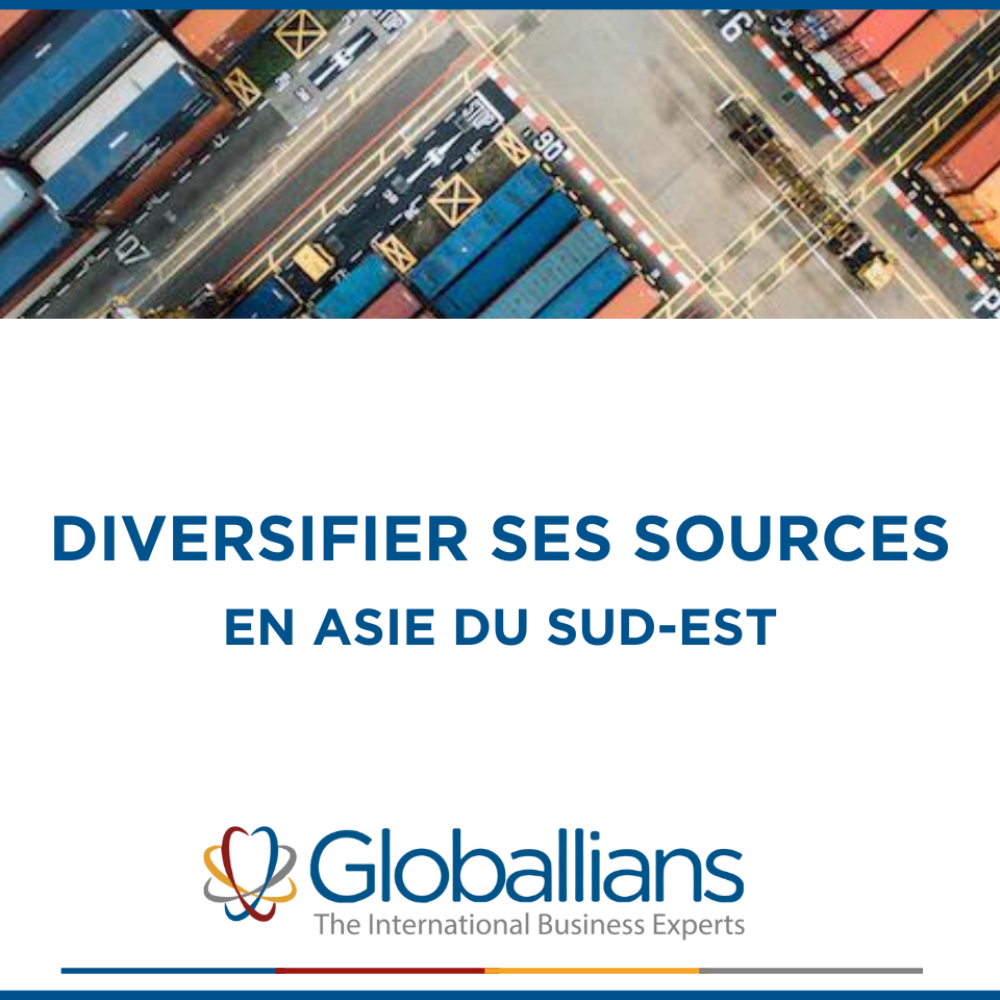Industrial Acceleration Plan 2021-2025 and FDI: Moroccan industry looks to the international stage
Introduction: Morocco, an attractive country for foreign investors and companies
By 2025, Morocco is firmly positioned as a key industrial and technological centrer in Africa, attracting a growing flow of foreign direct investment (FDI) and strengthening its infrastructure through the Industrial Acceleration Plan (IAP) 2021-2025. This article explores the evolution of FDI in Morocco, detailing the PAI initiatives and analysing the specific advantages the plan offers foreign companies.
The Industrial Acceleration Plan (PAI) 2021-2025 : strengthening Morocco’s industrial development
Morocco’s Industrial Acceleration Plan (PAI) 2021-2025 is an ambitious strategy aimed at transforming and boosting the Moroccan economy through a series of targeted initiatives. The main aim of the plan, which follows on from the 2014-2020 plan, is to boost the competitiveness of Moroccan industry in the global market and increase its contribution to national GDP.
The objectives of the Industrial Acceleration Plan 2021-2025
The Industrial Acceleration Plan has several key objectives:
- Industrial diversification: Developing new industrial sectors and strengthening existing sectors such as automotive, aeronautics and renewable energies, in order to diversify the economy and reduce dependence on traditional sectors.
- Moving upmarket: Encouraging innovation and the adoption of advanced technologies to enable Moroccan industries to move upmarket and improve their international competitiveness.
- Regional development: Ensure a balanced distribution of industrial investment across all the regions of Morocco to stimulate economic development outside the traditional urban centers.
- Job creation: Generating stable, skilled jobs for the local population, with a focus on training and skills enhancement.
To date, Morocco has succeeded in achieving the following objectives:
- 150 Industrial Zones
- 27 Economic activity zones
- 10 Industrial acceleration zones
- 3 Offshore parks
- 4 Agropoles
The resources invested and the measures initiated by Morocco as part of this Industrial Acceleration Plan
To achieve these objectives, the Industrial Acceleration Plan is implementing a number of strategic measures:
- Consolidating industrial ecosystems: Strengthening existing industrial ecosystems and creating new ones, by encouraging collaboration between companies, suppliers, training institutes and local authorities. It also involves investing in state-of-the-art infrastructure and extending industrial estates to provide the space and services needed by expanding businesses.
- Tax and financial incentives: Offer attractive tax breaks and subsidies for new investments[1] , as well as financing facilities via funds such as the Industrial Development Fund, to support business growth.
- Support for innovation and technology: Promoting research and development through specific grants and partnerships with academic and research institutions, to encourage the uptake of innovative industry. This development is accompanied by the introduction of training programs to align the skills of the workforce with the needs of industry, in collaboration with companies and educational institutions.
The 2021-2025 Industrial Acceleration Plan and its implications for international companies
Morocco’s 2021-2025 Industrial Acceleration Plan includes a number of specific measures designed to attract foreign companies and facilitate their integration into the Moroccan economy. These measures aim to make Morocco more competitive on the international stage, by providing a business-friendly environment and reducing barriers to investment. These initiatives include:
Tax incentives
Foreign companies benefit from various tax incentives designed to reduce operating costs and encourage investment. These often include tax-free periods, reduced tax rates after the first few years, and tax breaks for reinvesting profits made locally.
1 – Tax benefits:
- Total exemption from corporation tax for the first 5 years of operation and application of the 20% rate for the financial years following the 5th year of total exemption.
- Exemption for dividends and other similar income from foreign holdings when paid to non-residents.
- Exemption from value-added tax, with the right to deduct, for products supplied and services rendered to the ZAIs, as well as transactions carried out within or between the said zones (obligation to declare VAT).
- Exemption from business tax for the first 15 years for buildings and equipment.
2 – Customs and exchange advantages:
- Exemption from import duties, taxes and surcharges.
- Simplified customs procedures.
- No exchange controls.
- Exemption from the foreign exchange transfer regulations issued by the Office des Changes.
- Goods entering and leaving the Industrial acceleration zones are not subject to foreign trade control legislation.
Industrial Acceleration Zones (formerly known as Free Trade Zones)
Morocco has set up Industrial Acceleration Zones which are special economic zones where foreign companies can set up and operate with additional advantages. These zones offer high-quality infrastructure, simplified customs and administrative procedures, and easier access to government services.
Industrial Acceleration Zones for the automotive and aeronautics sectors are located in Tangiers (Tangiers automotive city) and Tangiers free zone, Kenitra (Atlantic free zone) and Casablanca (Aeronautics and Midpark).
Financial support
The Industrial Acceleration Plan provides specific financial assistance for foreign companies, notably through the Industrial Development Fund. This fund can offer direct subsidies, loans at preferential rates, and guarantees to reduce the financial risks of new investors.
In particular, the IAP offers advantageous taxation on corporation tax (total exemption for 5 years) and employee tax (flat rate of 20% or progressive income tax 0 to 38%).
Promoting R&D and innovation
The plan also encourages foreign companies to set up research and development centres in Morocco by offering additional incentives such as tax reductions on income from locally developed intellectual property, and grants for collaborative research projects with Moroccan institutions.
A record influx of foreign investment (FDI) in 2024
In 2024, Morocco recorded an exceptional rise in foreign direct investment (FDI), with net flows increasing by 50.7% between January and September 2024, reaching a total of 16.343 billion dirhams. This increase in FDI reflects the growing confidence of international investors in the Moroccan economy and its increasingly favourable business climate. Key sectors such as aeronautics, automotive and renewable energies have particularly benefited from these investments, consolidating Morocco’s role as a major industrial and technological hub in Africa. This positive FDI dynamic played a crucial role in boosting the country’s economic growth in 2024, and this positive trend is likely to continue, supported by proactive policies aimed at attracting even more foreign investment in the years ahead.
Conclusion
Efforts to transform Morocco’s industrial landscape, supported by a stable political framework and a government commitment to making Morocco an industrial leader in Africa. Morocco is a strategic destination for foreign companies and investors seeking access not only to the local market but also to the whole African region.
As a signatory to the FTAA (Free Trade Area of Africa) agreements, Morocco has developed a regional hub strategy and established a strong economic presence that has enabled it to position itself as a major player on the continent.
Harvard Consulting, our Globallians expert in Morocco, helps companies gain an in-depth understanding of the local market, the industrial ecosystem and the regulatory and cultural specificities involved in entering and expanding their activities in the Moroccan market.
[1] The “Investment Charter” provides for VAT and corporation tax exemptions for 5 years under certain conditions for foreign investors https://export.agence-adocc.com/fr/fiches-pays/maroc/investir

Do you have a development project in Morocco? Contact Saad Hamoumi, Chairman and founder of Harvard Consulting :


